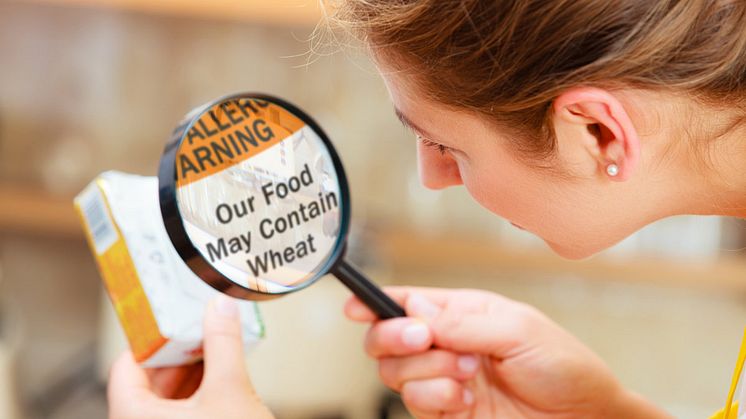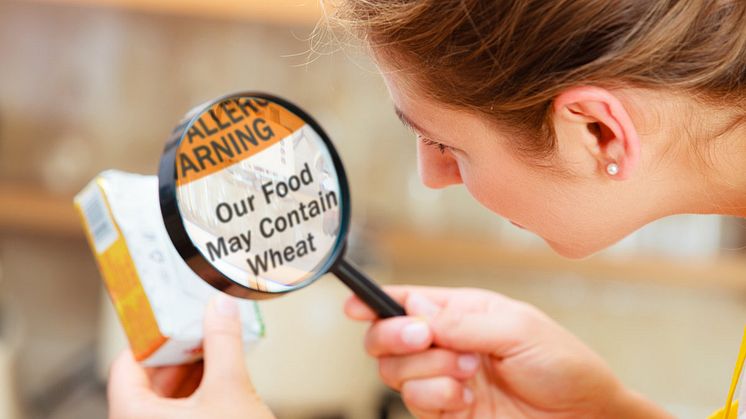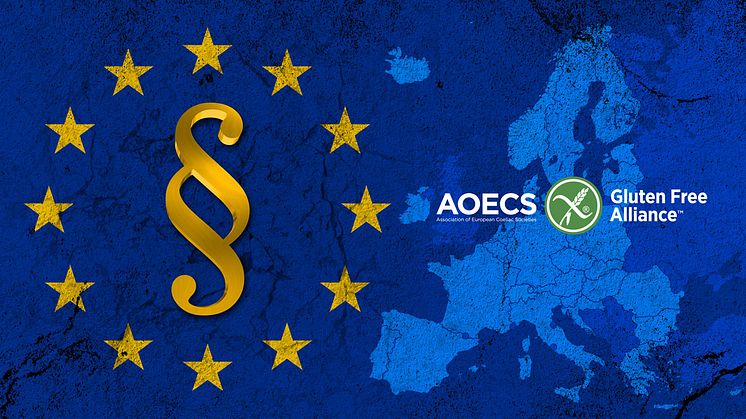
Press release -
AOECS gives voice to coeliac consumers at Codex meeting in Budapest
From May 13th to 18th, the Codex Committee on Methods of Analysis and Sampling (CCMAS) will meet in Budapest to continue discussions on Precautionary Allergen Labelling of food (PAL). The Association of European Coeliac Societies (AOECS) and the International Association for Cereal Science and Technology (ICC) have joined forces to provide initial reactions to the Discussion Paper provided by CCMAS to Codex observers such as AOECS.
While AOECS acknowledges the hard work put into the development of the Discussion Paper, the organization will advocate for further clarity and consistency to ensure the safe selection of food products by consumers.
Access to safe, gluten-free food in the market is crucial not only for people with coeliac disease, for whom a strict, lifelong gluten-free diet is currently the only treatment, but also for patients with dermatitis herpetiformis, and others suffering from non-coeliac gluten sensitivity and wheat sensitivity.
AOECS has observer status in the Codex
As an observer in the Codex Alimentarius Commission, AOECS attends meetings of various Codex Committees to represent the concerns of coeliacs and individuals with other gluten-related conditions, and to help shape food standard guidelines.
While the standards and guidelines issued by the Codex Alimentarius are non-binding, they are highly influential and often serve as a basis for national legislation.
The Codex Alimentarius Commission (Codex) is an international food standards body established by the Food and Agriculture Organization (FAO) and the World Health Organization (WHO). Codex has more than 180 member countries and over 200 observer organizations represented.
About AOECS
The Association of European Coeliac Societies (AOECS) is a non-profit umbrella organization of national coeliac societies across Europe and beyond, dedicated to advocating for the health and welfare of people affected by coeliac disease. Founded in 1988, AOECS serves as a voice for the coeliac community, promoting awareness, research, and access to safe food options. The association has observer status to the Codex Alimentarius Commission and also collaborates with medical professionals, researchers, and industry stakeholders to improve labeling practices, enhance diagnostic procedures, and ensure that dietary needs are met across Europe. For more information, visit www.aoecs.org
About ICC
The International Association for Cereal Science and Technology (ICC), established in 1955, is a global organization dedicated to advancing knowledge and promoting research in the field of cereal science and technology. The ICC aims to foster international cooperation and exchange of information to improve the production, processing, and utilization of cereals and grains. The organization also focuses on issues related to cereal quality, safety, and sustainability, and plays a pivotal role in setting standards that enhance the cereal-based industries worldwide. For more information, visit https://icc.or.at/
Related links
Topics
Categories
Coeliac disease is an autoimmune condition in which cereals containing gluten trigger an inflammatory reaction in the small intestine. It is estimated that around 100 million people globally suffer from coeliac disease. However, only approximately 25% of these individuals have been diagnosed; the remainder are either unaware of their condition or suffer from various related ailments. If left untreated, the disease can lead to a severely reduced quality of life and an increased risk of premature death. Currently, the only known treatment for coeliac disease is a lifelong strict gluten-free diet.




